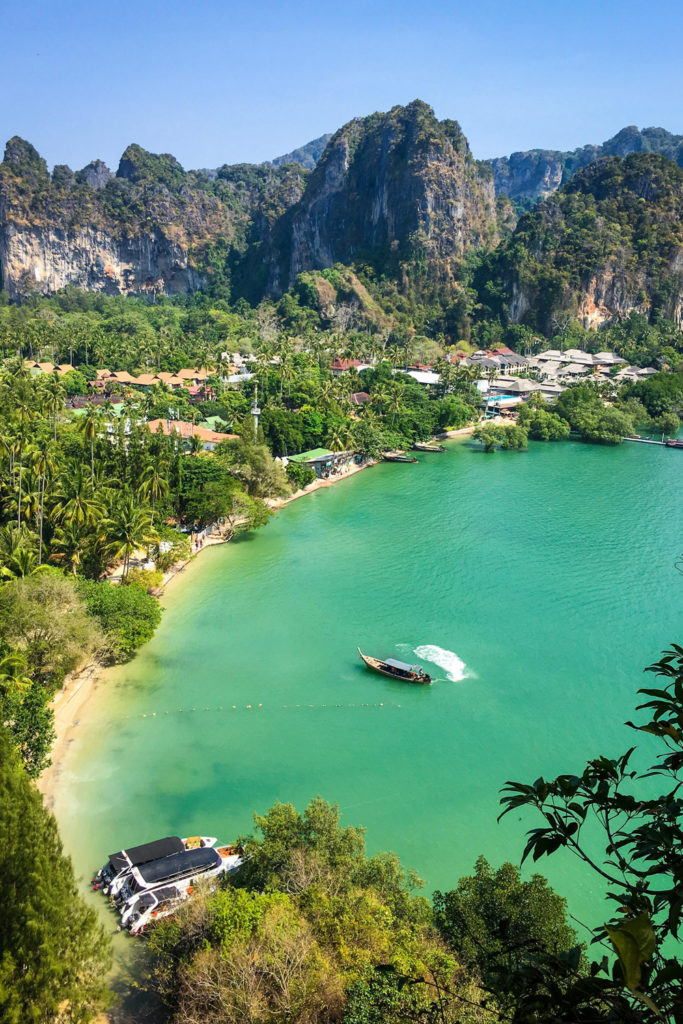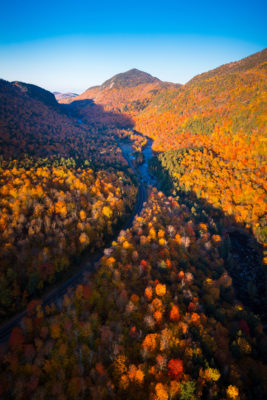Gran Canaria Is The Latest Destination To Introduce A Tourist Tax
By
4 months ago
Here’s why the Spanish island has made the move
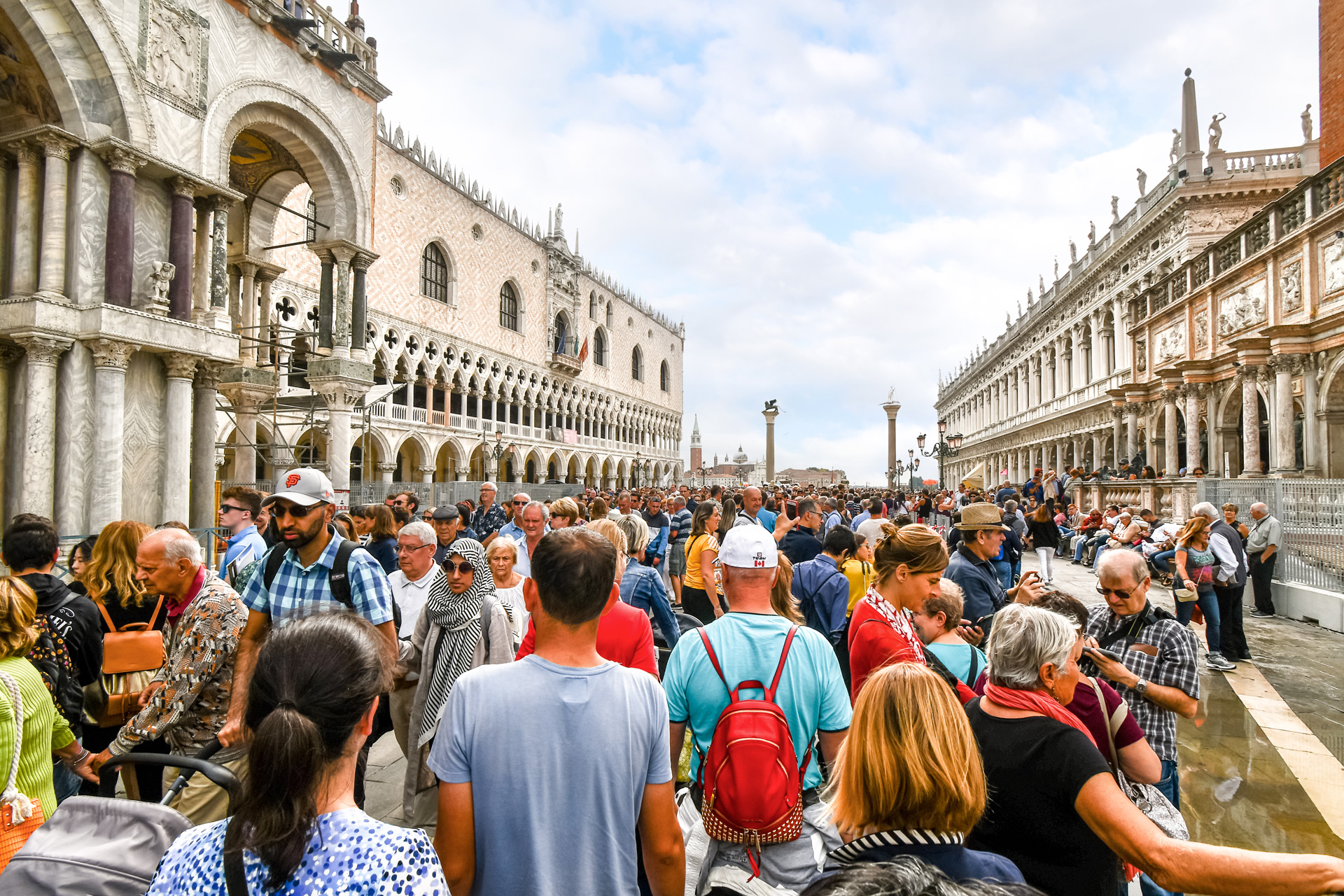
The Canary Islands are a holiday staple: last year, an estimated 5.7 million British tourists travelled there, and it’s easy to see why. Quaint, white buildings dot the coastline, while travellers bask on golden sands and wander historic old towns. It’s the quintessential oasis on the front of every holiday postcard, but it’s about to become harder to visit: Mogán, a popular town in Gran Canaria, has announced a new tourist tax beginning in 2025.
The tax will apply to anyone staying in the area and will be the first of its kind in the Canary Islands. Visitors will be required to pay 15 cents ( around 12 pence) a day, and the money will be channeled into the local industry and services for the region, with the hopes of promoting a more sustainable tourism industry.
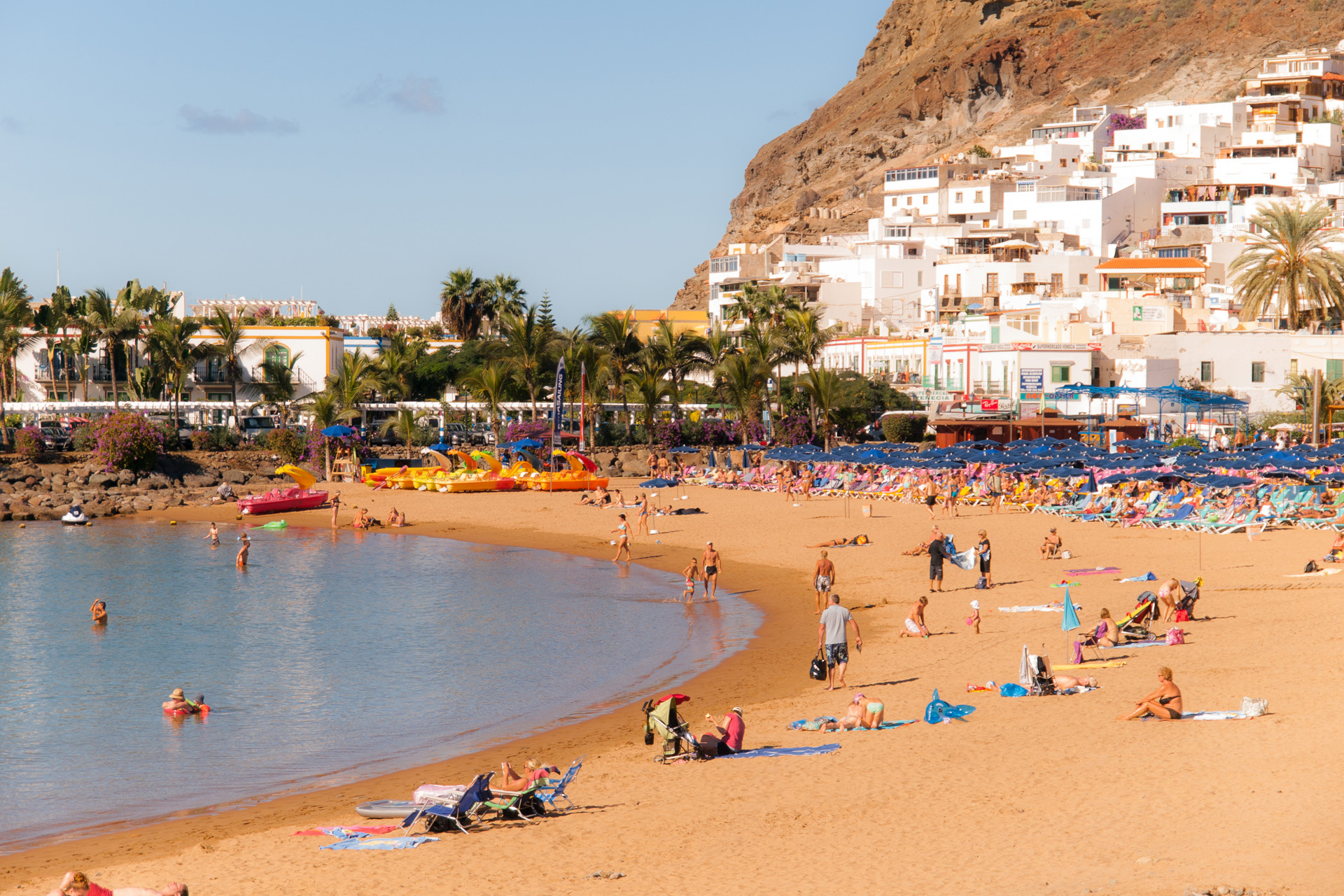
The local beach in Mogán, Gran Canaria
Why Has Gran Canaria Introduced A Tourist Tax?
The change follows overtourism protests, which saw thousands of locals take to the streets, demanding stricter measures. The protesters claim that tourism is overwhelming the town and holiday rentals are pricing them out of their homes – and they’re not alone. Locals worldwide are angry about tourism, and several destinations now have a tourist tax in response.
Read More: Is The Age Of Overtourism Finally Over?
5 Holiday Destinations You Have To Pay To Visit

Bhutan
Bhutan’s tourist tax has been around since 1974, originally introduced to preserve the natural beauty, historical significance and Buddhist tradition of the country. Visitors had to pay $200 (£157) each day to stay in the country – not an insignificant fee. However, the Department of Tourism Bhutan recently announced that this fee will be halved until September 2027. So if Bhutan has always been on your bucket list, now is the time to visit. Meanwhile, everywhere else in the world seems to be shifting in the opposite direction…
New Zealand
From 1 October 2024, New Zealand’s tourist tax tripled in cost. Tourists entering the country previously had to pay a fee of NZ$35 (£16), but this has increased to NZ$100 (£45), a significant increase. This measure might seem strange in a nation where sheep outnumber people four to one – so space isn’t a huge issue – but New Zealand is celebrated for its natural beauty and Māori culture, which residents are keen to preserve. The government said that the increased tax will ‘ensure visitors contribute to public services and high-quality experiences while visiting New Zealand’.

Seminyak, Bali
Bali, Indonesia
The Indonesian government announced a new tourist tax this year, requiring travellers visiting Bali to pay 150,000 rupiah (roughly £7.35) from beginning 14 February 2024. The move follows staggering reports of overtourism: in 2023, almost 4.8 million tourists visited Bali between January and November, putting the beaches and wildlife at risk.
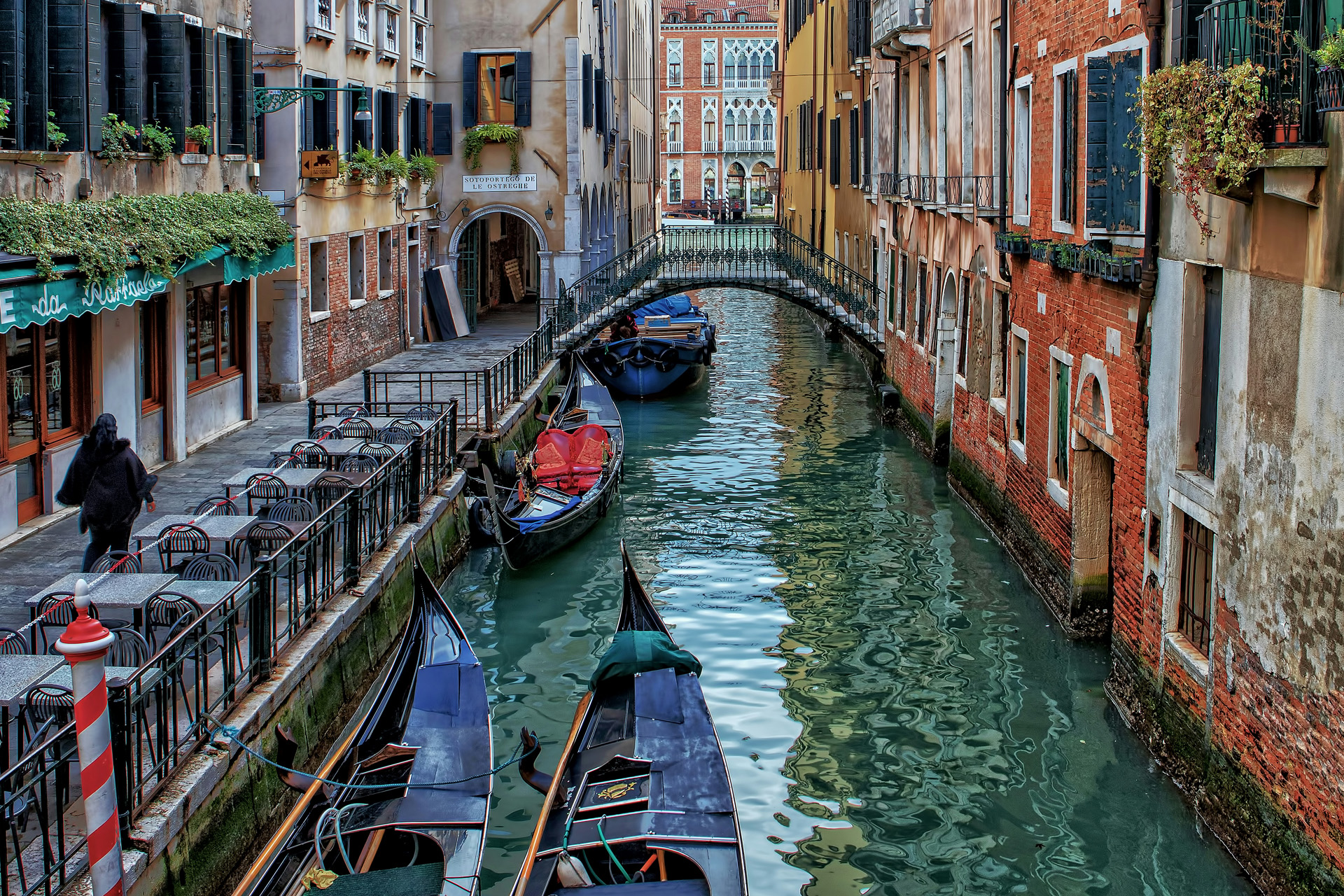
Venice, Italy
Venice: the city of watery alleyways and Renaissance art, a mausoleum of adventure and beauty, the sinking city. Its name precedes it, and maybe supersedes it as the modern day city struggles beneath an onslaught of overtourism. As of spring 2024, this Italian city is charging day-visitors a fee. Tourists who are there for just one day are required to pay a fee of €5, while the rate for overnight visitors ranges from €1 to €5 per night.
Thailand
Overtourism has been an issue in Thailand for many years. While a tourism tax had previously been proposed, it was quickly scrapped following backlash from the private sector. However, under the new Thai government, a travel tax has been proposed again for mid-2025. If approved, the fee will be around 300 baht (£6.87) for those arriving by plane – accounting for about 70 percent of foreign travellers – and half the price for those arriving by land or sea. The money raised by this new tax will be used to improve tourist sites and compensate for injuries and fatalities among foreign visitors.
Tourist taxes aren’t a punishment for tourists – rather a reminder that our travels leave footprints. To learn more about picking a destination off the beaten path, click here.



